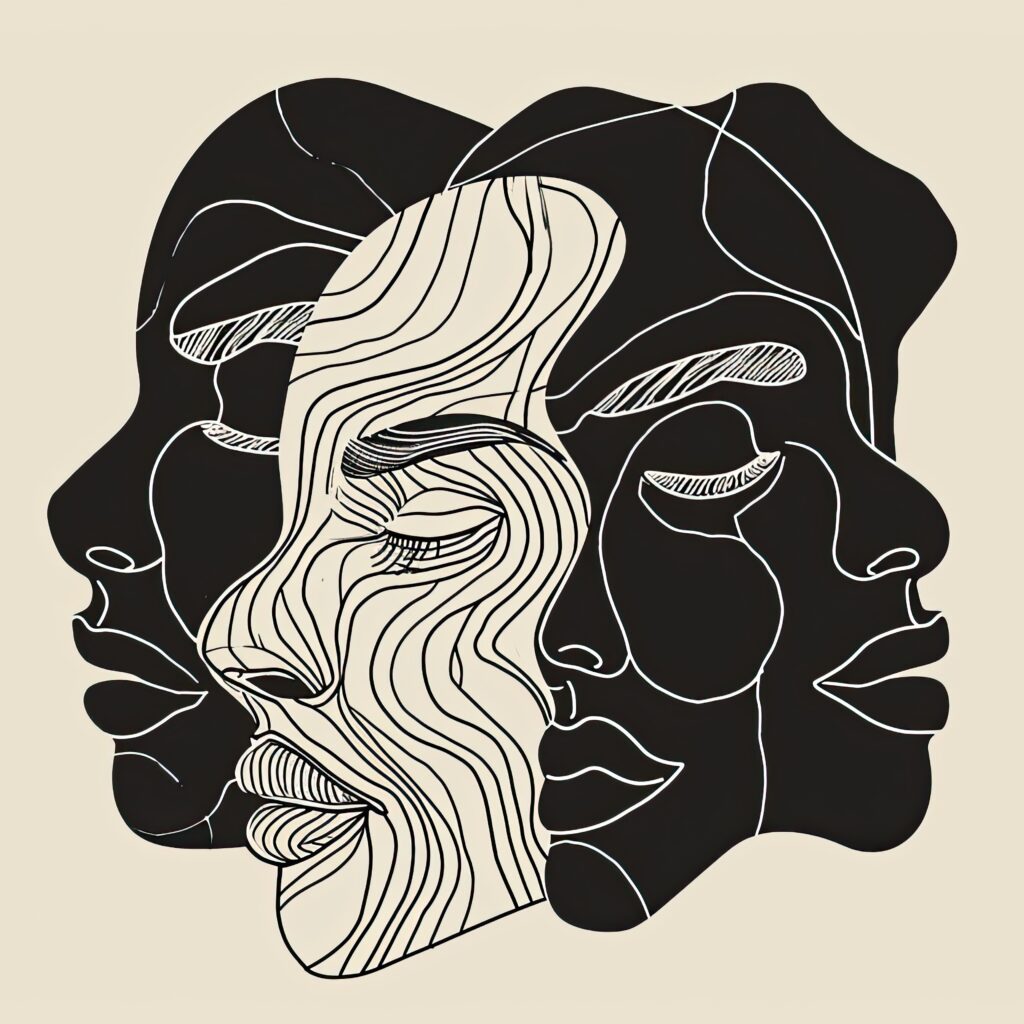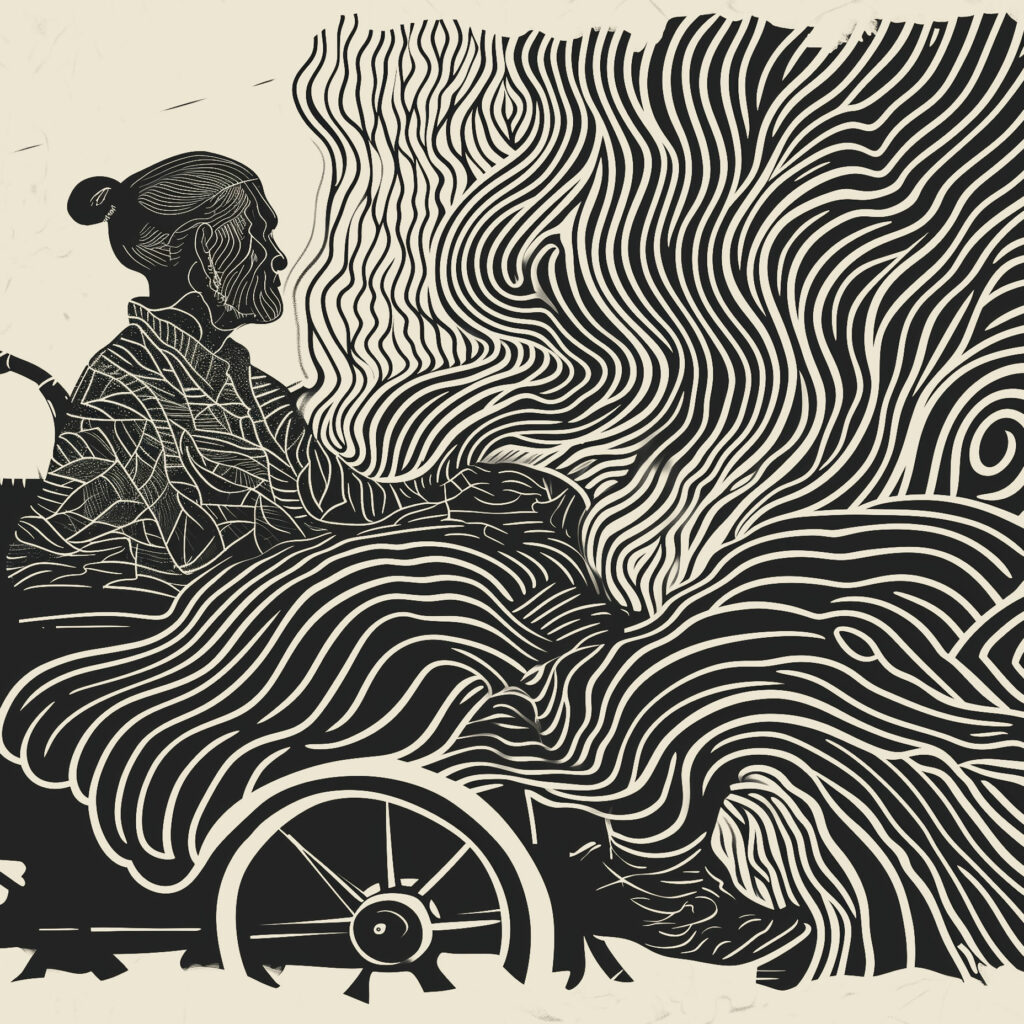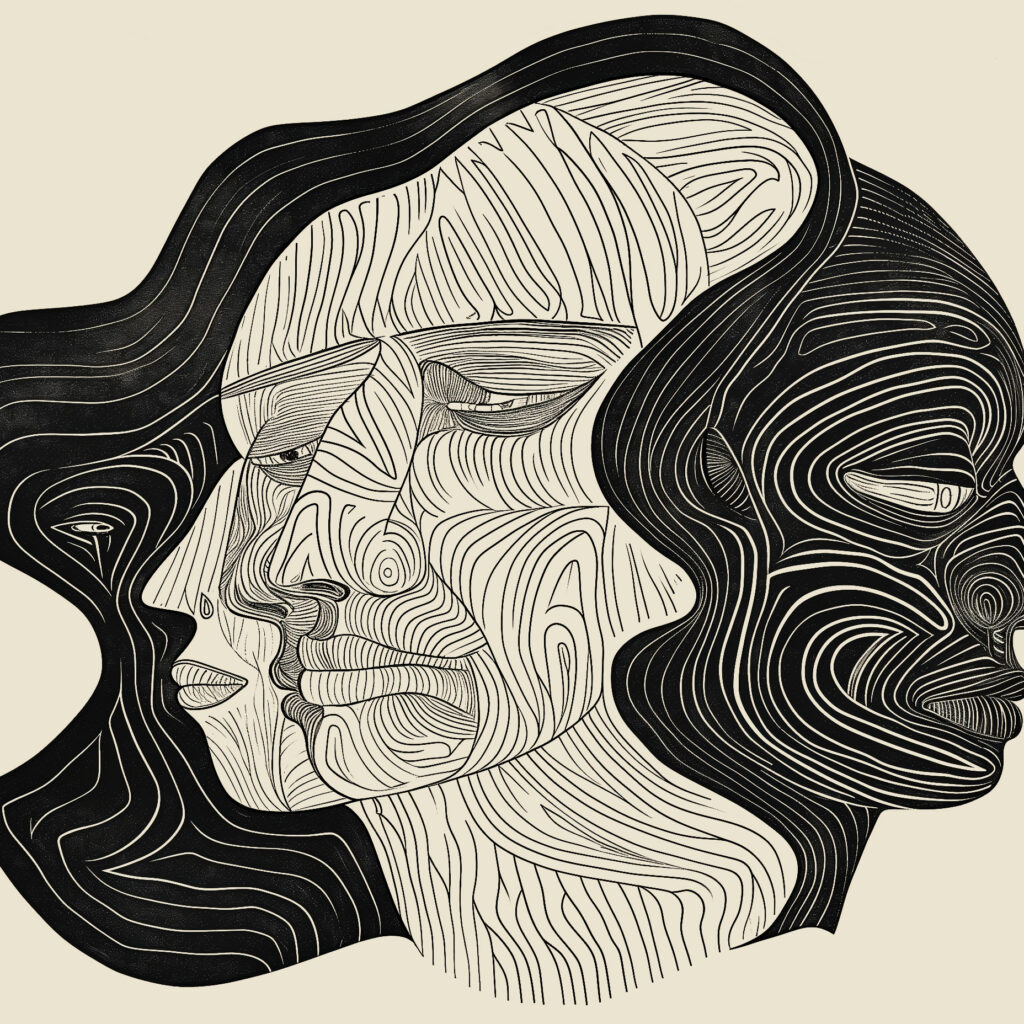
Conversion practices in Aotearoa New Zealand: Developing a holistic response to spiritual abuse.
The study examines the effects of conversion practices, known as conversion therapy, and their impact on survivors. It highlights the need for survivor support, especially in New Zealand, where such practices are now criminalized.
Using qualitative research, the study interviewed 23 survivors of religious conversion practices. It identified three key discourses: the harm of conversion practices framed as spiritual abuse, the coercive nature of spiritual abuse, and the need for a pipeline of support for those entrapped. The study calls for holistic, survivor-centric responses to address the complex needs of survivors.

Decolonizing family violence in Aotearoa New Zealand
This study critically examines the application of Western theoretical frameworks to family violence in Māori communities.
It argues that these frameworks are largely ineffective due to cultural misalignment and emphasises the need for approaches that are rooted in Indigenous knowledge and practices.
The text advocates for a holistic approach that respects and integrates Māori perspectives and values, highlighting the importance of understanding cultural differences in addressing complex social issues like family violence.

Colonization drives silence and inequities in men’s mental illness
This paper discusses the impact of colonization on men’s mental health, particularly Indigenous men in settler colonial countries. It highlights how colonization drives silence and inequities in mental health outcomes.
The authors emphasize the need for culturally informed approaches and decolonizing mental health practices to address intergenerational trauma, loss of culture, and systemic racism, which contribute to higher suicide rates and poorer mental health among Indigenous men.

Disabled people’s experiences accessing healthcare services during the COVID‑19 pandemic: a scoping review
An in-depth analysis of the challenges faced by disabled individuals in accessing healthcare during the pandemic. It highlights the lack of research on this topic and underscores the urgent need for disability-responsive policies and research.
The review emphasizes that health policies often overlook the specific needs of disabled people, making them invisible in global health discussions. The document calls for prioritizing the voices of disabled individuals in both research and policy-making to ensure equitable healthcare access.

Thinking differently about family violence: Shifting from a criminal justice response to a recovery orientation.
Against a backdrop of increasing rates of family violence in Aotearoa New Zealand, opportunities exist to reflect upon, and critically evaluate, our conventional understanding and responses to family violence. In doing so, there is considerable potential to further develop and progress more efficacious orientations and approaches.
The current study sought to explore alternative approaches from the perspectives of 35 men who have engaged in family violence; understanding the type of supports and interventions that have aided their desistance.
Participants traced their desistance to family violence to communities of support, communities that have raised awareness of family violence while simultaneously
engaging men who either use violence or were at risk of using violence, and the development of holistic, therapeutic, and supportive communities. Themes from these men’s narratives highlight the benefits of a move away from a criminogenic response to a community-embedded recovery orientation.

Te Pou: An Indigenous Framework to Evaluate the Inclusion of Family Voice in Family Violence Homicide Reviews
The document “Te Pou: An Indigenous Framework to Evaluate the Inclusion of Family Voice in Family Violence Homicide Reviews” explores the integration of Māori perspectives in family violence homicide reviews in New Zealand.
It emphasizes the importance of including Māori family voices and cultural context in these reviews. The paper discusses the Te Pou framework, which is aimed at ensuring culturally appropriate practices in conducting these reviews. It reflects on the need for a more inclusive and culturally sensitive approach in understanding and addressing family violence in Indigenous communities.
